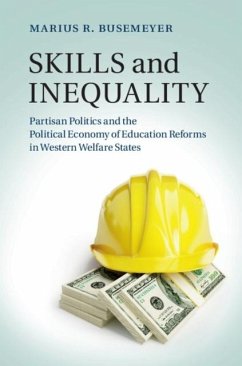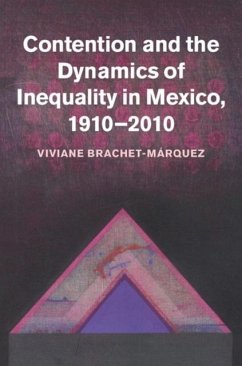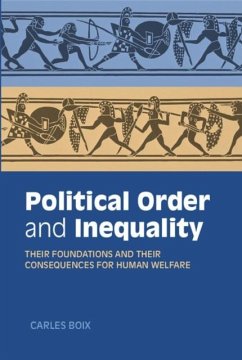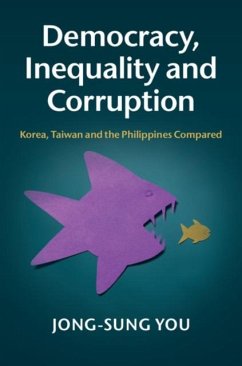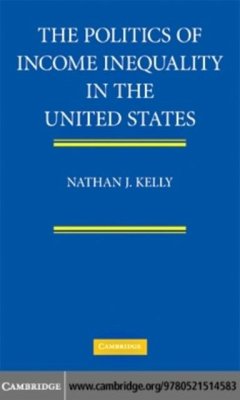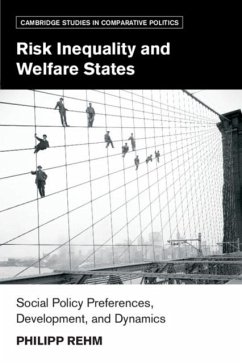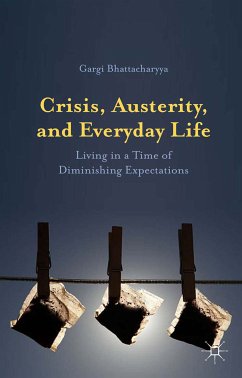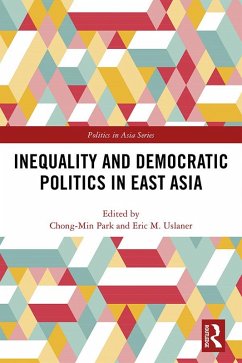
Politics of Inequality in Russia (eBook, PDF)
Versandkostenfrei!
Sofort per Download lieferbar
18,95 €
inkl. MwSt.
Weitere Ausgaben:

PAYBACK Punkte
9 °P sammeln!
This book investigates the relationship between the character of political regimes in Russia's subnational regions and the structure of earnings and income. Based on extensive data from Russian official sources and surveys conducted by the World Bank, the book shows that income inequality is higher in more pluralistic regions. It argues that the relationship between firms and government differs between more democratic and more authoritarian regional regimes. In more democratic regions, business firms and government have more cooperative relations, restraining the power of government over busin...
This book investigates the relationship between the character of political regimes in Russia's subnational regions and the structure of earnings and income. Based on extensive data from Russian official sources and surveys conducted by the World Bank, the book shows that income inequality is higher in more pluralistic regions. It argues that the relationship between firms and government differs between more democratic and more authoritarian regional regimes. In more democratic regions, business firms and government have more cooperative relations, restraining the power of government over business and encouraging business to invest more, pay more and report more of their wages. Average wages are higher in more democratic regions and poverty is lower, but wage and income inequality are also higher. The book argues that the rising inequality in postcommunist Russia reflects the inability of a weak state to carry out a redistributive social policy.
Dieser Download kann aus rechtlichen Gründen nur mit Rechnungsadresse in A, B, BG, CY, CZ, D, DK, EW, E, FIN, F, GR, HR, H, IRL, I, LT, L, LR, M, NL, PL, P, R, S, SLO, SK ausgeliefert werden.




